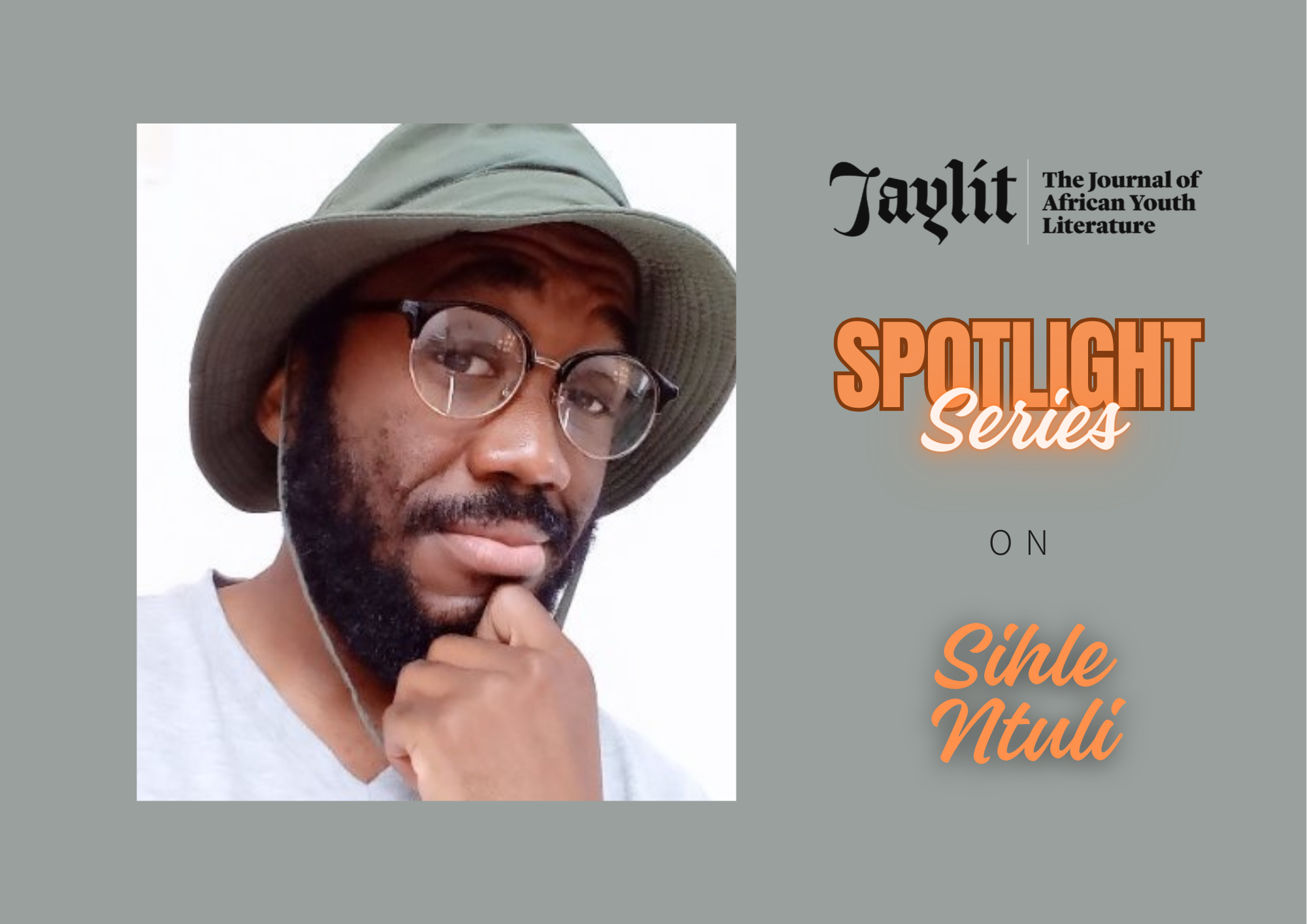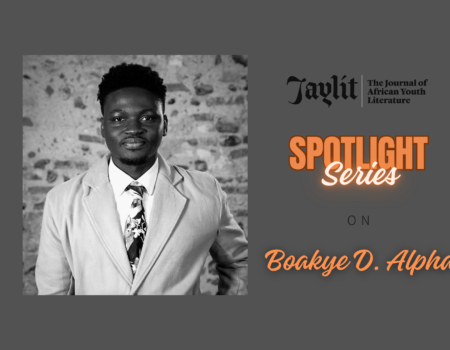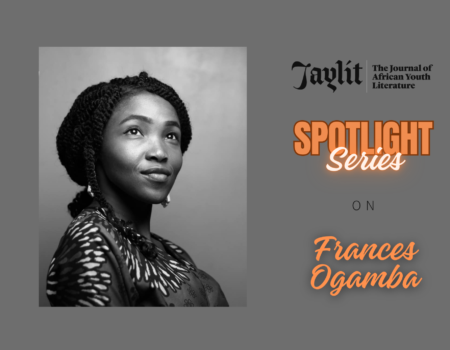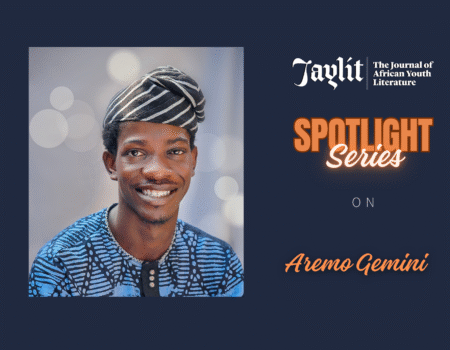Sihle Ntuli was born on the 9th of July 1990 in Durban, South Africa. He was raised in an all-women household led by his grandmother and aunts, living in KwaMashu from 1990 until 1997 when he moved with his single mother to the suburbs of New Germany. He lived here until 2009 before going to Makhanda to attend Rhodes University.
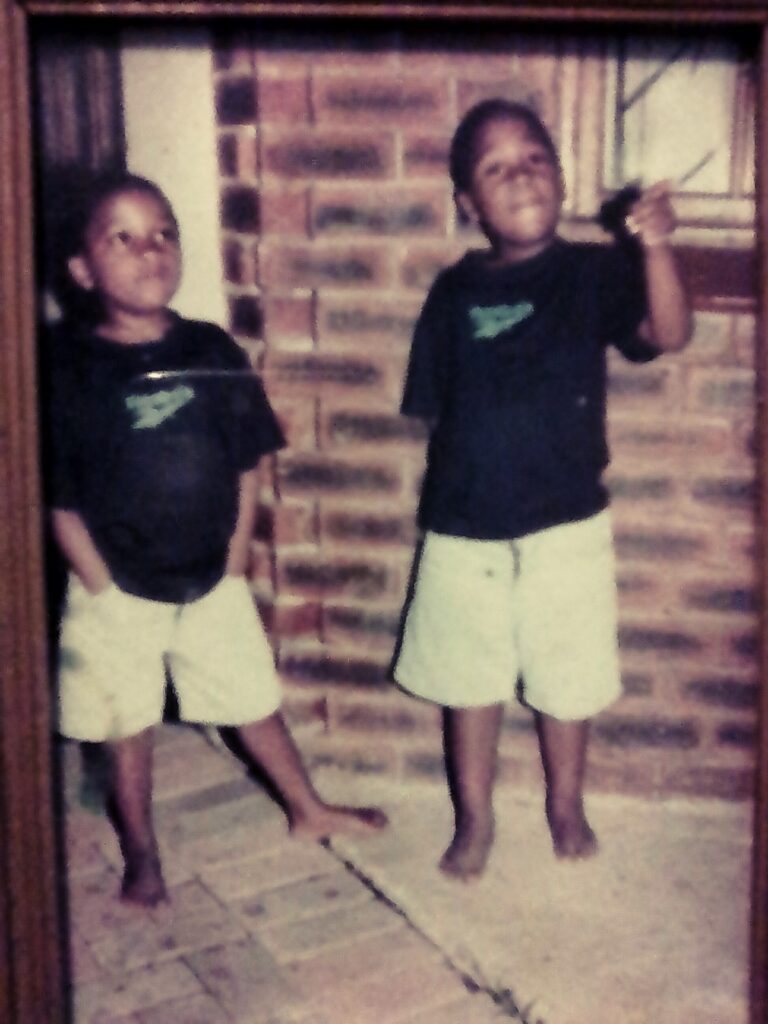
Sihle is a fraternal twin, having a twin brother who was born on the same day as him but both unidentical. Their grandmother was the one who gave them names, which is essentially the name ‘Siphesihle’ split in two. Though Sihle and his twin brother Sipho have drifted apart over the years, his initial entry into the world of poetry was an attempt at impressing his twin. Through time, however, he developed a great reverence for the craft and thoughtfulness of which an artist comes to learn more about themselves through the work in which they create. Sihle expresses that poetry has been a great teacher to him, with lessons ranging from the importance of patience and humility to a reminder of the constant tender nurturing of the self.
Sihle was born towards the end of the formal application of apartheid in South Africa, only five months after the release of Nelson Mandela after being imprisoned for 27 years. The significance of being born during this period is reflected greatly in his work. Sihle touches on themes that speak to the measures of masculinity and blackness, the necessity of codeswitching, and double consciousness a ’la W.E.B Du Bois throughout his works. Moving to the suburbs impacted Sihle’s upbringing and his writing. There was a persistent battle to be accepted in the communal space of the traditionalist black township as well as the predominantly white literary space in South Africa.
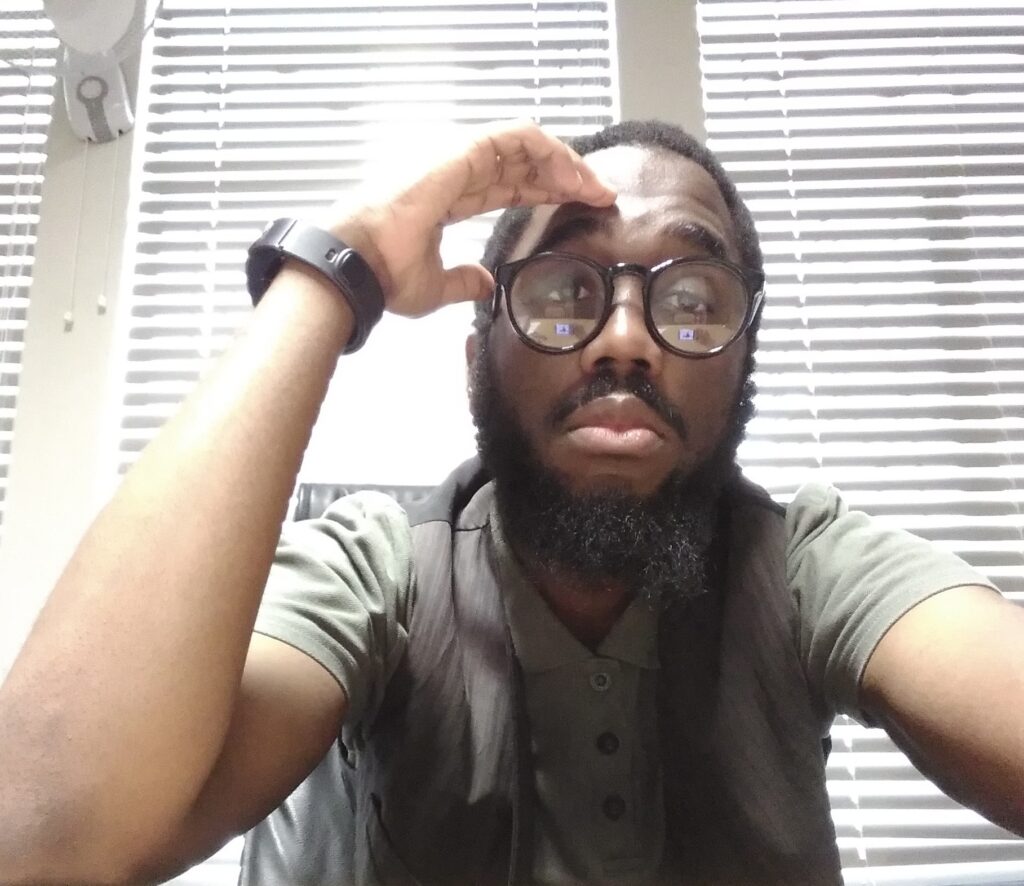
While at Rhodes University between 2009 and 2016, Sihle studied psychology and classical civilizations for his undergraduate degree, going on to take classical civilizations up to honors and masters. He joined the University of the Free State in 2018 as a junior lecturer, a highlight of which was being awarded the 2019 CTL Innovation Award for Curriculum Design and Delivery. He left the University of the Free State in 2019 and subsequently had a brief stint at the University of Johannesburg in 2022. This remains his last post in academia since.
Sihle’s earliest encounter with poetry was hearing Mzwakhe Mbuli and his political poetry on radio and television, also seeing his poetry performance at the funeral of Chris Hani, a head of the South African Communist Party who had been assassinated. Soon also came another performance at the presidential inauguration of Nelson Mandela. Traditional oral poet Zolani Mkiva was also present at the historic inauguration, with his Xhosa praise poetry being another of Sihle’s earliest memories of engaging with poetry.
Sihle was also particularly drawn to the lyricism of 90’s East Coast Hip Hop. His lyric poetry is hugely inspired by the pacing and cadence of this era. In 2009 during his first year at Rhodes, he encountered the works of poets who would later become huge influences on his art, including Seithlamo Motsapo, Keorapetse Kgositisle, and Khulile Nxumalo, each one of whom moved him with their varied approaches to poetry.
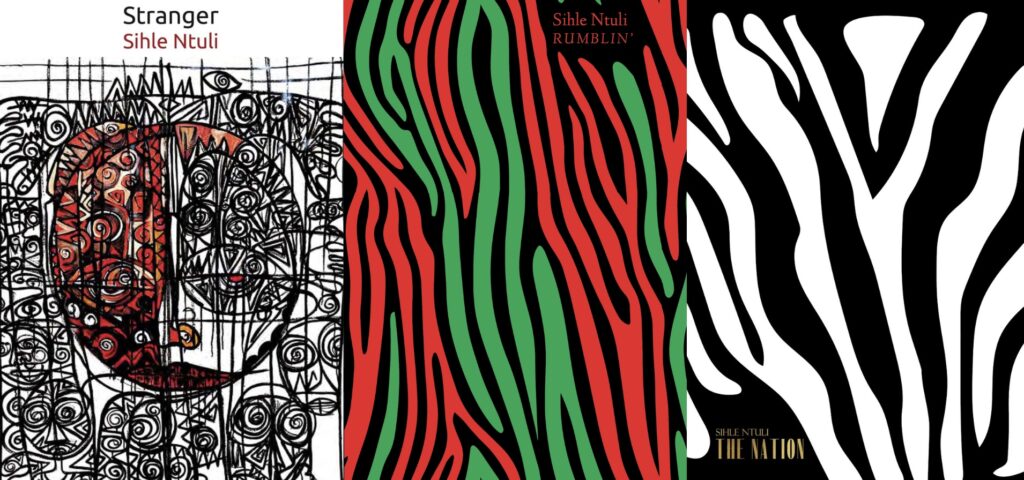
Internationally, Sihle’s major influences include Gil Scott Heron and Saul Williams. In 2011, he entered his first poetry competition, the QuickFox Publishing Poetry Competition, and received a top ten commendation. He subsequently went on to feature on the fringe programs of Time of the Writer 2013 and Poetry Africa 2014 for the launches of the first print editions of Poetry Potion and uHlanga Press respectively. Then he went on to release his debut collection of poems Stranger with Aerial Publishing in 2015. He would subsequently go on to publish three more books of poetry including the chapbooks Rumblin (uHlanga 2020) and The Nation (Riverglassbooks 2023), with his latest book being Zabalaza Republic (Botsotso 2023).
The highlight of Sihle’s incredible writing journey was having a poem featured in the anthology, Years of Fire and Ash: South African Poems of Decolonisation (Jonathan Ball Publishing 2021), with several other notable publications including work published by Poetry London, Poetry Wales, Poetry Ireland Review, Indiana Review, Salamander Mag, Bennington Review, Portside Review among, Lolwe, HERRI, and the Johannesburg Review of Books.
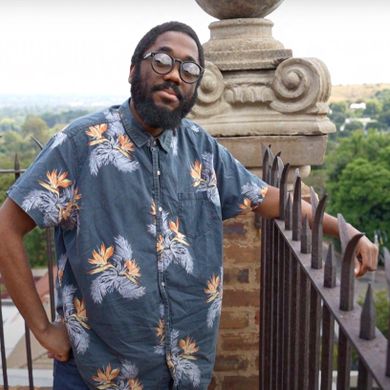
As an editor himself, Sihle was among an editorial collective that included Pamilerin Jacob and Henneh Kyereh Kwaku who presented the Instagram-based zine Wild Pine Poetry. He served as a poetry editor here and wrote editorials for the 2021 & 2022 editions. In October 2022 he served as a guest poetry editor alongside Loic Ekinga (who was guest fiction editor) for the second edition of Liberian literary magazine Peppercoast Lit. In 2023 he was a judge for Bruce Jack Wine’s National Poetry Prize administered by New Contrast Literary Journal. He went on to guest-edit the historic 200th and 201st editions of New Contrast Literary Journal, later on becoming only the second sole black editor-in-chief in the South African magazine’s history. He resigned from this position in December 2023, citing ideological differences concerning the politics and future of the magazine. In 2024, he got the news that he was one of 45 poets shortlisted for the 2024 Alpine Poetry Prize.
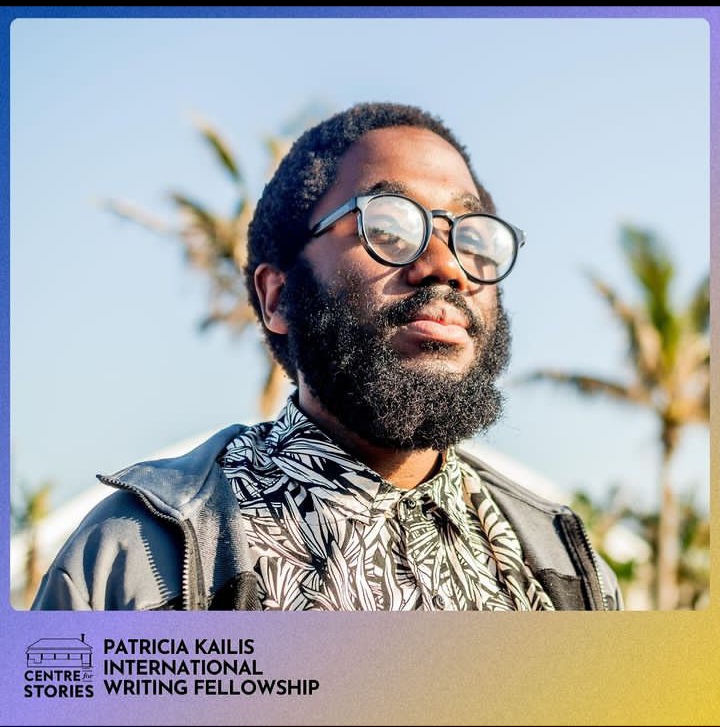
Sihle has been nominated for the Pushcart Prize six times, mostly for poems found in his second chapbook The Nation. He was recently announced as the winner of the 2024 Patricia Kailis Fellowship which will see him head to Australia in September for various workshops and speaking engagements while he works on his manuscript Blues for King Kong. In this project, he will focus on contextualizing what the blues means to him and how his contemporaries have come to understand masculinity in the contexts of toughness and tenderness.
Aishat Adesanya
Aishat Adesanya is the author of Funerals and Firecrackers (March 2025), her debut short story collection. She is a Yoruba hijabi who started drawing aged 9, before discovering her love for writing and publishing her first story aged 17.
Her writing has been featured in Witsprouts’ Love Grows Stronger in Death Anthology, Lion and Lilac Arts, The Journal of African Youth Literature, Hearth Magazine, Schuylkill Valley Journal, and elsewhere.
Aishat has been nominated for the Best of the Net and was a judge for the 2024 JAY Lit Awards. She writes from the West Midlands in the United Kingdom, as she continues to explore stories rooted in identity, resilience, and memory.


